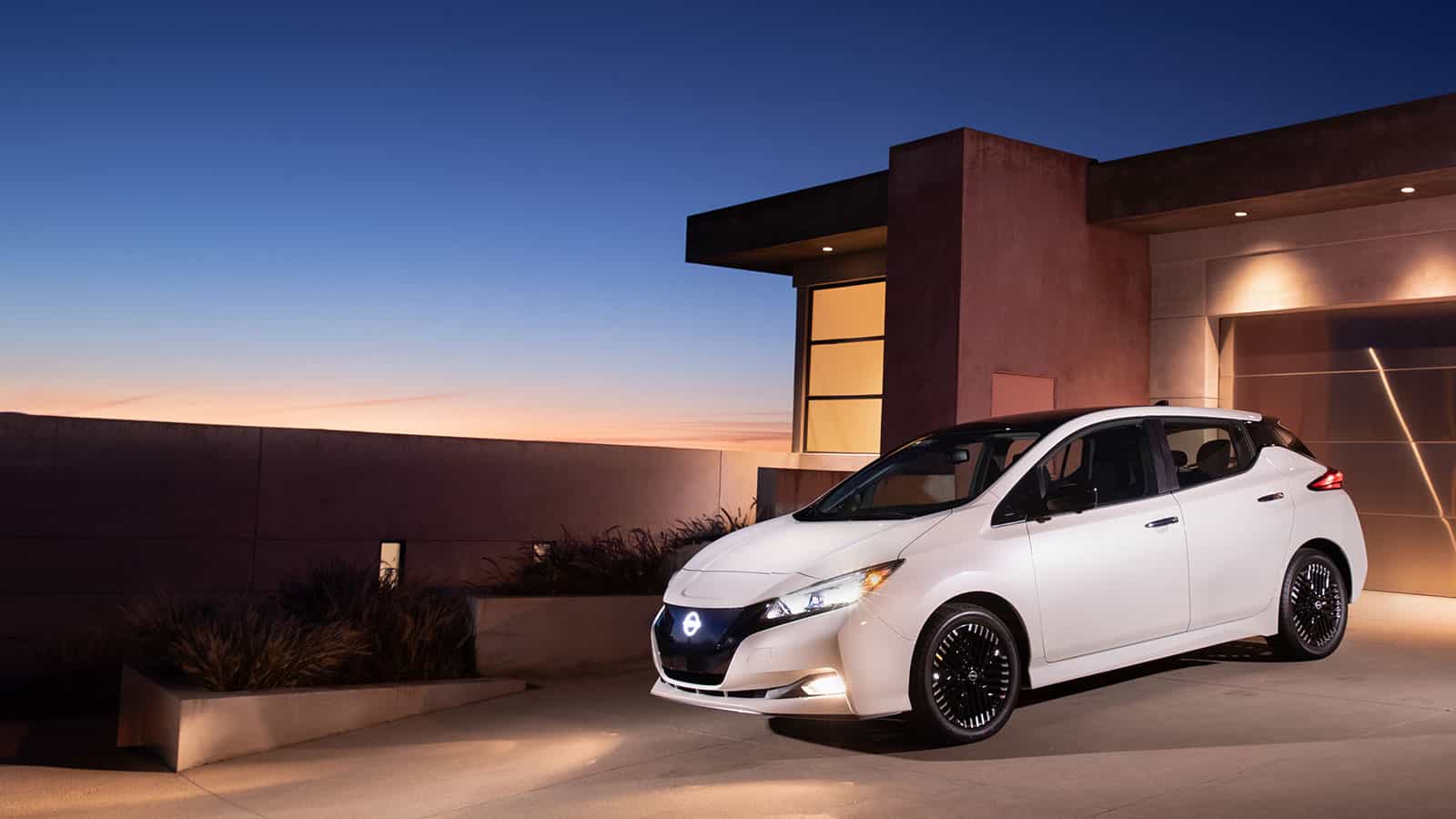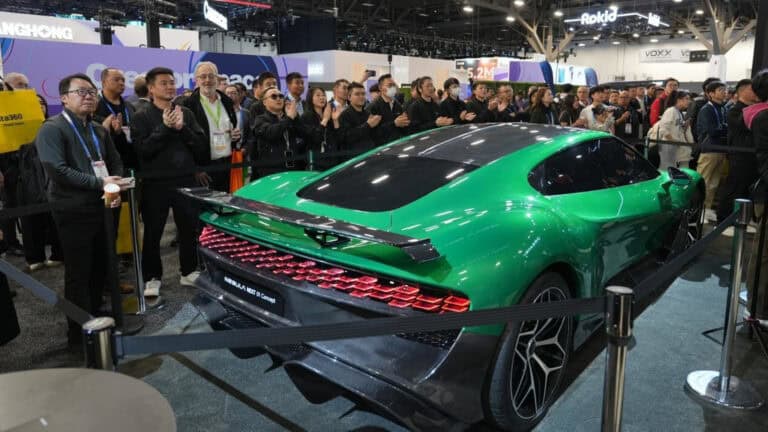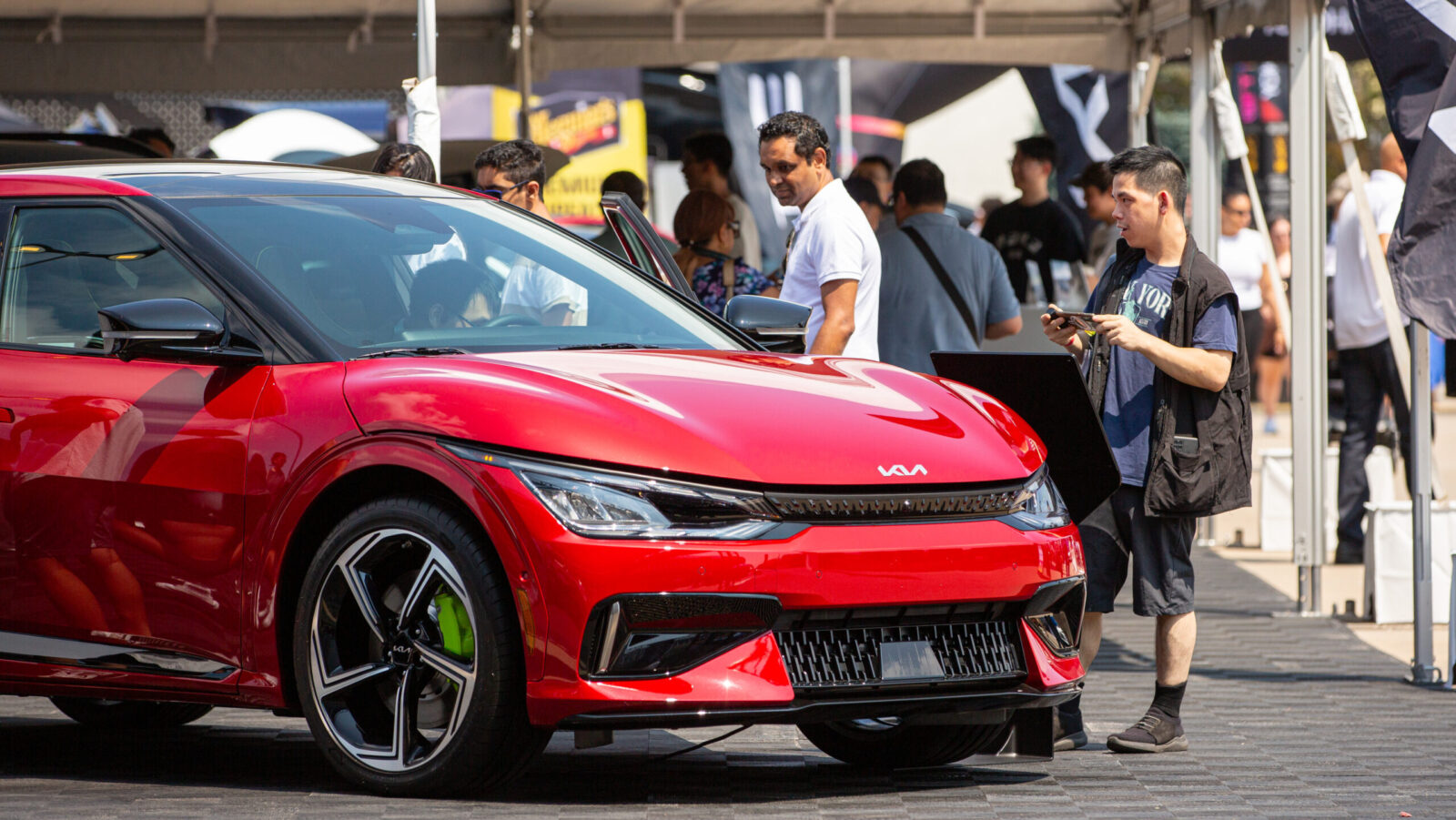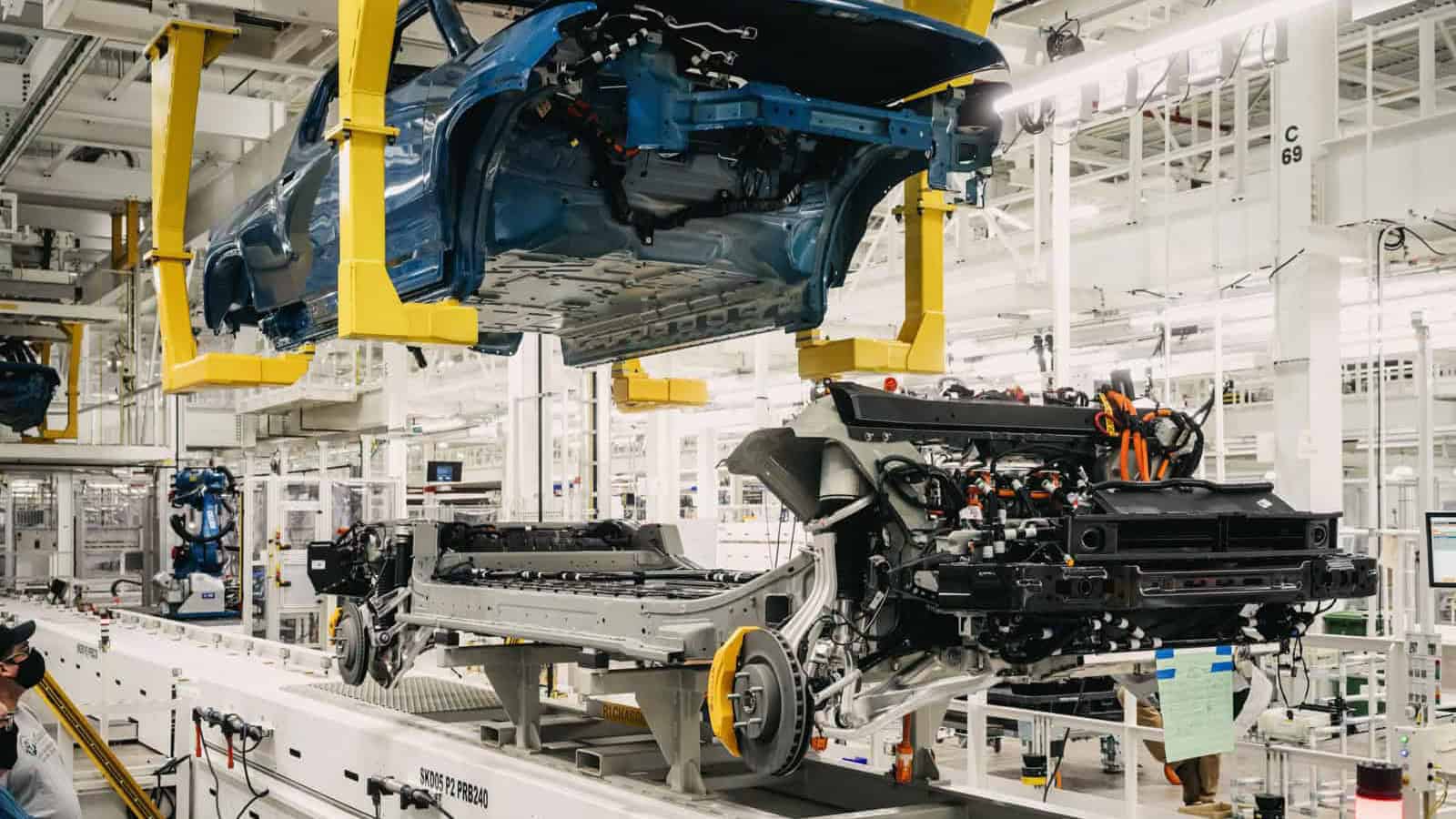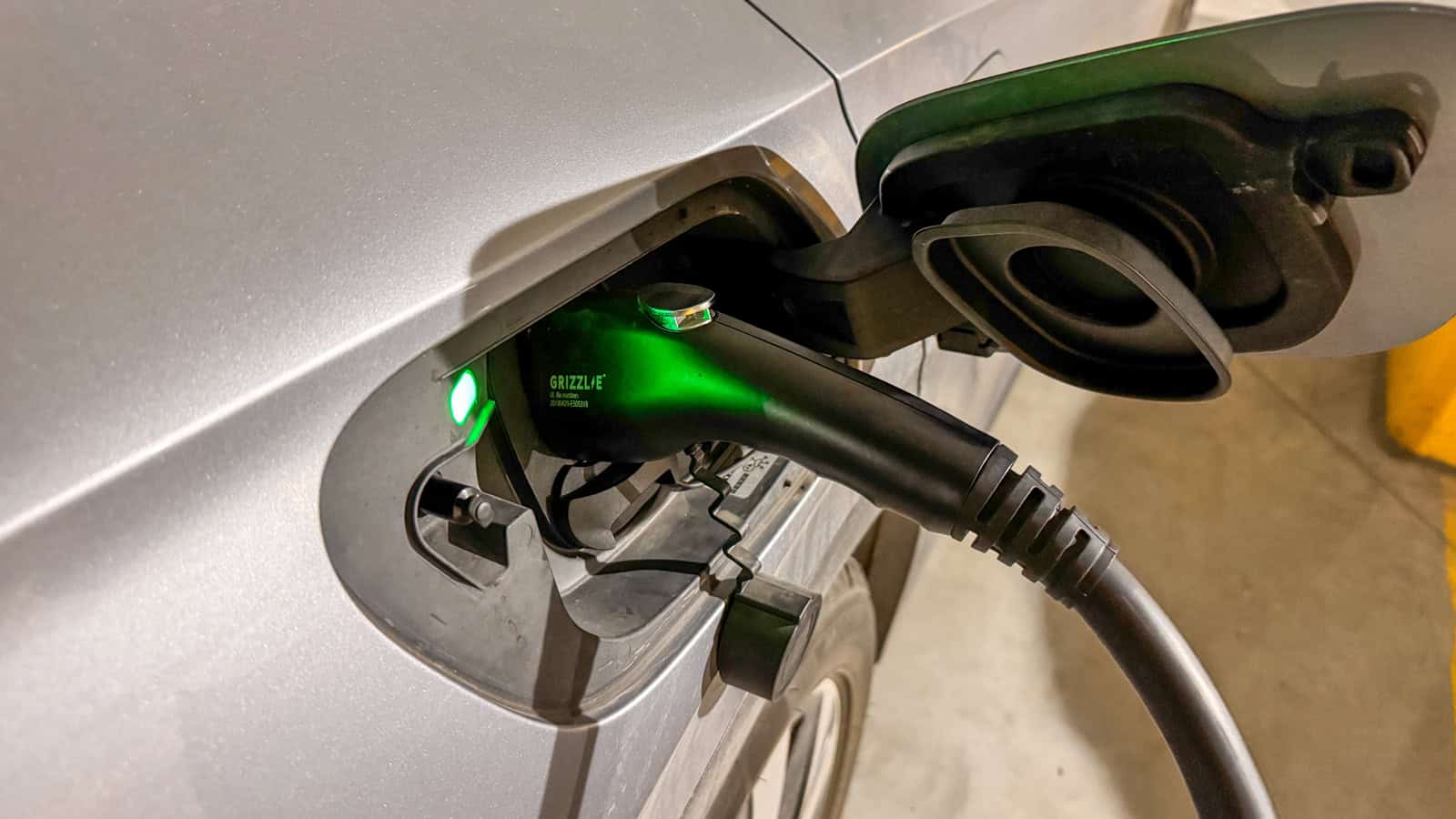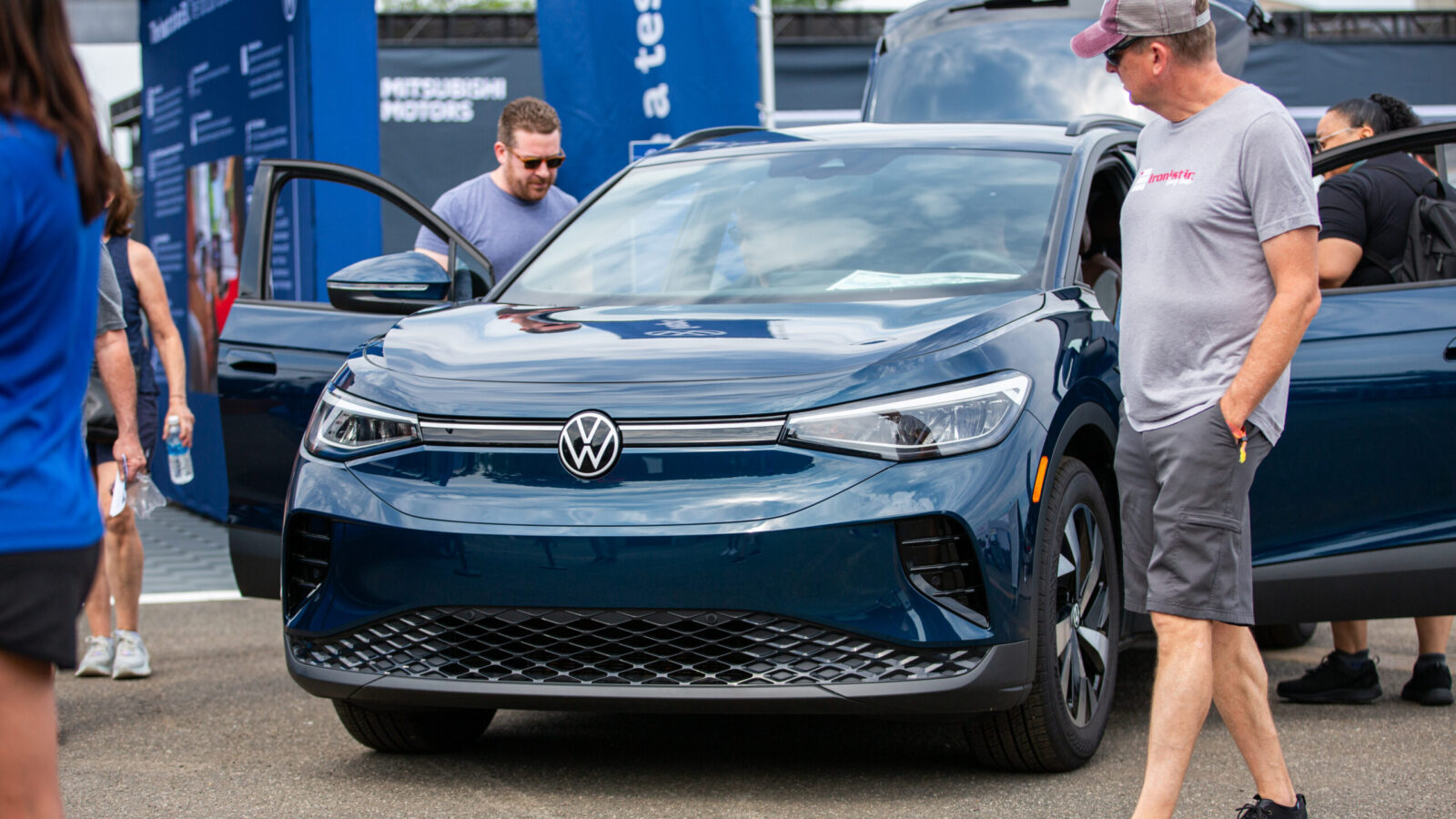- Electric vehicles and gas-powered cars have similar reliability issues.
- Most EV issues are related to accessories, not motors and batteries.
- EVs require less maintenance because they have fewer moving parts.
A myth exists that electric vehicles are less reliable than gas-powered and diesel-powered vehicles. In actuality, EV reliability varies, just like it does with gas-powered cars. But, with fewer moving parts, electric vehicles are less likely to break down when compared to non-electric vehicles.
Myth: More expensive EVs have better reliability than cheaper ones.
Any time a vehicle has more parts, the chances of something going wrong increase. In 2021, Consumer Reports found that EVs in the $35,000 to $45,000 range performed better than EVs with sticker prices over $75,000. The Chevrolet Bolt was one of the most reliable EVs, while the Audi E-Tron had the most problems. The Tesla Model 3, Kia EV6, and Nissan Leaf are three of the most reliable EVs on the market.
These more expensive electric vehicles often have issues with the same components as high-end gas-powered vehicles. For example, the newest innovations like infotainment systems, driver-assistive features, and electric-powered door handles have the same problems regardless of the powertrain.
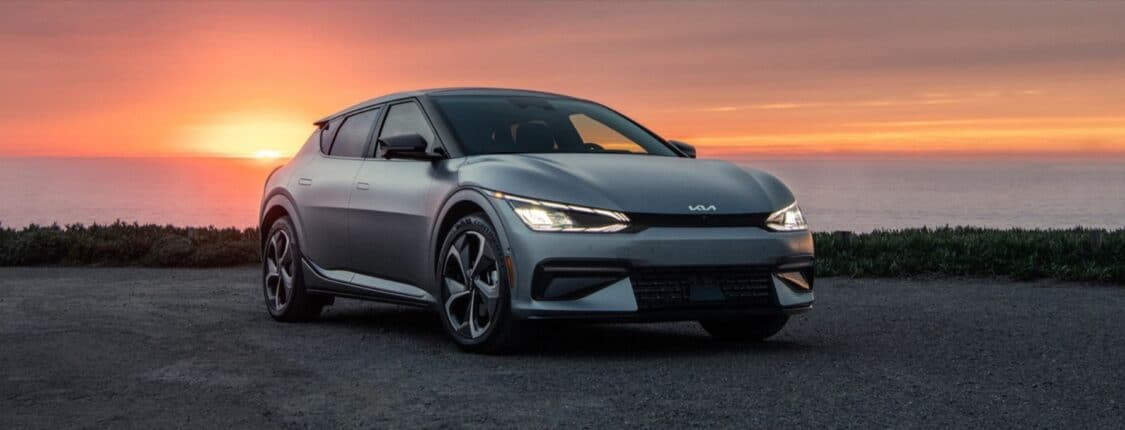
Myth: Electric motors aren’t reliable.
In reality, electric motors rarely have problems. When an EV has a powertrain issue, it’s usually related to the battery and charging it. Automakers like General Motors, Ford, and Nissan have been making cars with gas-powered engines for generations. Switching to new platforms can come with occasional headaches, but they are often remedied with computer updates or other quick fixes. In reality, EVs spend less time in repair shops for powertrain issues than ICE vehicles.
Myth: Electric vehicles are more costly to maintain.
While replacing an EV battery will set you back financially, the U.S. government requires EV manufacturers to provide an 8-year/100,000-mile warranty on all EV batteries. So, drivers don’t have to worry about them for quite some time.
With regenerative braking and one-pedal driving, EVs have less wear and tear on brakes. They do not have transmissions or internal combustion engines, so they do not need routine oil changes.
An EV maintenance visit involves a tire rotation, a cabin air filter change, and a multi-point inspection. Most EV manufacturers suggest maintenance visits every 7,500 to 10,000 miles, while many ICE vehicles need maintenance visits more frequently.
EVs do not have belts, hoses, spark plugs, and other moving parts, so there are fewer things to maintain, thus making them less expensive to maintain and overall, more reliable.
Learning from Mistakes and Improving Engineering
No vehicle is perfect. They have warranties because automakers expect occasional issues to arise. Consider General Motors. The legacy automaker has been building vehicles with gas-powered engines since 1908, but they’ve only been mass-producing EVs since 1996 (and that didn’t go well). Even with over 100 years of ICE manufacturing, GM still has issues with its combustion engines, so it’s only to be expected that there will be a few hiccups with new EV innovations.
Automakers learn from their mistakes and make improvements. The occasional visit to the dealership is worth the zero emissions, instant torque, and quiet ride.

FEATURE IMAGE: NISSAN
FTC: We use income-earning auto affiliate links. Learn more.


